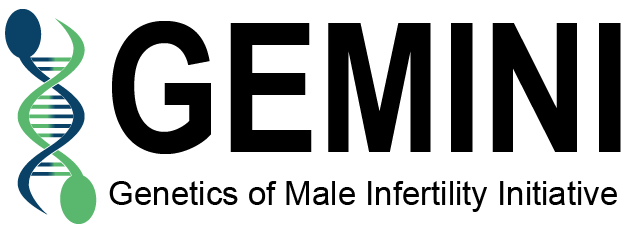The latest paper is not available online in Endocrinology.
Abstract
Testicular-derived inhibin B (α/β B dimers) acts in an endocrine manner to suppress pituitary production of follicle-stimulating hormone (FSH), by blocking the actions of activins (β A/B/β A/B dimers). Previously, we identified a homozygous genetic variant (c.1079T>C:p.Met360Thr) arising from uniparental disomy of chromosome 2 in the INHBB gene (β B-subunit of inhibin B and activin B) in a man suffering from infertility (azoospermia). In this study, we aimed to test the causality of the p.Met360Thr variant in INHBB and testis function. Here, we used CRISPR/Cas9 technology to generate InhbbM364T/M364T mice, where mouse INHBB p.Met364 corresponds with human p.Met360. Surprisingly, we found that the testes of male InhbbM364T/M364T mutant mice were significantly larger compared with those of aged-matched wildtype littermates at 12 and 24 weeks of age. This was attributed to a significant increase in Sertoli cell and round spermatid number and, consequently, seminiferous tubule area in InhbbM364T/M364T males compared to wildtype males. Despite this testis phenotype, male InhbbM364T/M364T mutant mice retained normal fertility. Serum hormone analyses, however, indicated that the InhbbM364T variant resulted in reduced circulating levels of activin B but did not affect FSH production. We also examined the effect of this p.Met360Thr and an additional INHBB variant (c.314C>T: p.Thr105Met) found in another infertile man on inhibin B and activin B in vitro biosynthesis. We found that both INHBB variants resulted in a significant disruption to activin B in vitro biosynthesis. Together, this analysis supports that INHBB variants that limit activin B production have consequences for testis composition in males.
